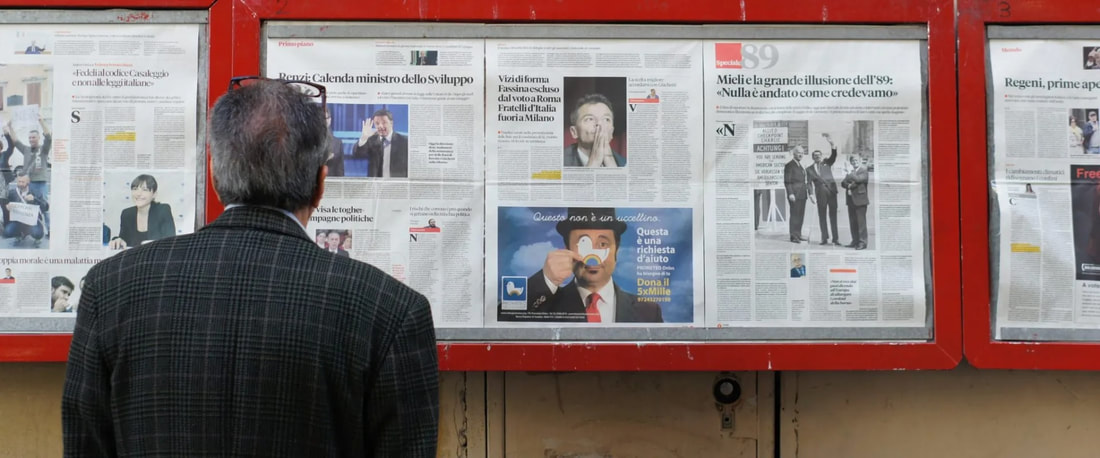|
Photo by Filip Mishevski on Unsplash By Leah Harris We live in a time of rapid, shocking, and sometimes traumatic change. Vicarious trauma, sometimes known as secondary trauma, is real. Trauma is closely connected to the sensation of overwhelm, which can generate fear and anxiety. People can be deeply affected by traumatic or violent information and media they are exposed to, even if it isn’t happening directly to them. In the book Trauma Stewardship, Laura van Dernoot Lipsky and Connie Burk write: “Trauma always creates a ripple effect, the same as when someone throws a stone into a still pond. The initial impact creates repercussions that expand almost infinitely, reaching and having an effect on many people who didn’t experience the blows firsthand.” In a 24-hour news cycle, combined with numerous social media streams, it’s possible to be exposed to quite a lot. And if we or our families and communities have experienced violence or injustice–whether interpersonal, social, or political–current events can carry additional weight in our psyches and bodies. Many people are struggling with how to stay informed about rapidly unfolding and changing events, without becoming overwhelmed and immobilized. Here are some ideas to help resource yourself and the people you love. It’s not about making the anxiety go away, but about creating some more space around it so it’s not closing in on us. Stay connected.Anxiety can cause us to shut down when we may need others the most. We all know the importance of self-care, but collective care is just as important. We know from our lived experience, and the science is clear, that connections with people we feel safe around can better help us to better regulate frazzled nervous systems than if we are trying to do it alone. It’s a good time to check in on friends who’ve gone quiet, and reach out as we can for support. Seek our joy.Anxiety has a way of robbing us of joy and pleasure. Some of us may feel like we are not entitled to joy when things are so hard right now for so many. But the opposite is actually true. As adrienne maree brown writes in Pleasure Activism: The Politics of Feeling Good, “Pleasure is the point. Feeling good is not frivolous, it is freedom.” Give back, however, you can.There’s plenty of science indicating that vicarious trauma can intensify when we feel powerless. Events near and far may feel too big to wrap our minds around. But there is always some way that we can tap into our own power and agency. Our giving doesn’t need to be solely financial. Any way we can boost information or resources that support and empower impacted people can help lessen the grip of vicarious trauma and fear. Honor exactly where you’re at.Since we are each unique people with our own unique life histories, we all will have an individualized way of responding to frightening conditions. Anxiety can have a way of making us feel like we are wrong for what we’re feeling. It’s important to remember that there is wisdom in our trauma responses, as uncomfortable as they may feel. Our bodies and minds are reacting to threats and circumstances that feel beyond our control. Remembering to have some compassion for ourselves can make a huge difference as we navigate uncertain times.
We hope these strategies have been helpful to you. Below are some additional resources and mental health tips for further exploration.
Leah Harris is a non-binary, queer, neurodivergent, disabled Jewish writer, facilitator, and organizer working in the service of truth-telling, justice-doing, and liberation. They’ve had work published in the New York Times, CNN, and Pacific Standard. You can learn more about their work at their website and follow them on Instagram.
0 Comments
Leave a Reply. |
|
Vertical Divider
subscribeSign up to our email list to receive our weekly newsletter and stay up to date on our programs and workshops!
|
About usPEERS’ mission is to build a diverse community of people with mental health experiences who provide culturally responsive, peer-based wellness strategies and work together to eliminate stigma and discrimination.
We are supported by: contact |
© Peers Envisioning and Engaging in Recovery Services. All rights reserved.




